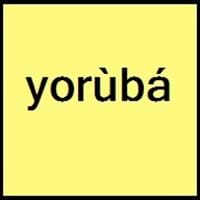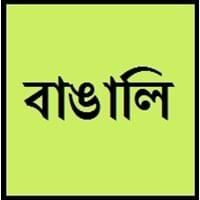Yoruba vs Bengali
- One of the largest African ethnic groups is Yoruba in south of Sahara Desert.
- In Yoruba language, same combination of vowels and consonants have different meanings depending on the pitch of the vowels, so it is tonal language.
- Bengali language is the World's sweetest language.
- 21st February is celebrated as an International Mother Language day, which is based on Bengali language.
Yoruba and Bengali Language History
Comparison of Yoruba vs Bengali language history gives us differences between origin of Yoruba and Bengali language. History of Yoruba language states that this language originated in 4 BC whereas history of Bengali language states that this language originated in 1000–1200 CE. Family of the language also forms a part of history of that language. More on language families of these languages can be found out on Yoruba and Bengali Language History.
Yoruba and Bengali Greetings
People around the world use different languages to interact with each other. Even if we cannot communicate fluently in any language, it will always be beneficial to know about some of the common greetings or phrases from that language. This is where Yoruba and Bengali greetings helps you to understand basic phrases in Yoruba and Bengali language. Yoruba word for "Hello" is Ẹ n lẹ or Bengali word for "Thank You" is ধন্যবাদ (dhonnobad). Find more of such common Yoruba Greetings and Bengali Greetings. These greetings will help you to be more confident when conversing with natives that speak these languages.
Yoruba vs Bengali Difficulty
The Yoruba vs Bengali difficulty level basically depends on the number of Yoruba Alphabets and Bengali Alphabets. Also the number of vowels and consonants in the language plays an important role in deciding the difficulty level of that language. The important points to be considered when we compare Yoruba and Bengali are the origin, speaking countries, language family, different greetings, speaking population of these languages. Want to know in Yoruba and Bengali, which language is harder to learn? Time required to learn Yoruba is 30 weeks while to learn Bengali time required is 44 weeks.





